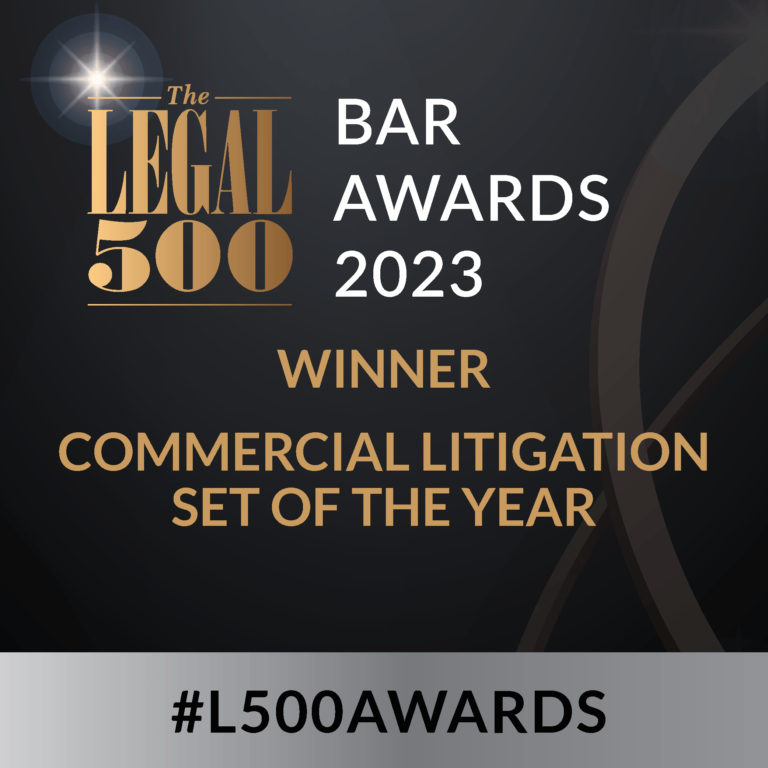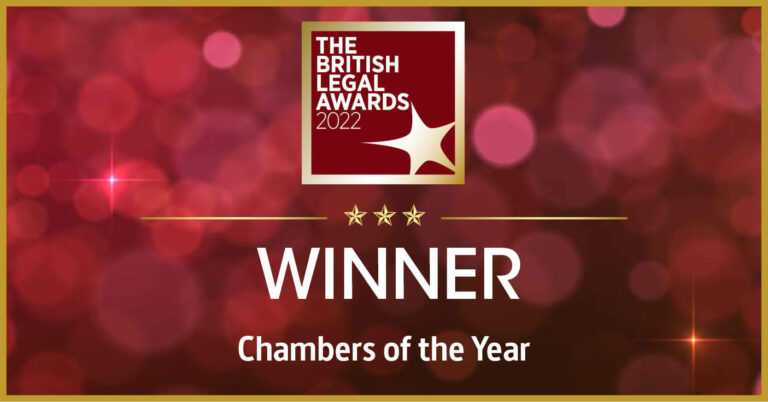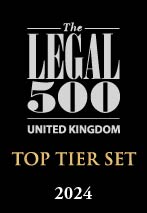Charlotte Eborall acts for RBS and NatWest in successful summary judgment of alleged fraud claim
On 28 January 2021, the High Court handed down judgment in Broomhead v National Westminster Bank plc and The Royal Bank of Scotland plc [2021] EWHC 105 (Ch) (available here) dismissing the claimant’s claim which alleged that an earlier judgment after a trial had been procured by fraud.
Mr Broomhead, a former customer of NatWest, first issued proceedings in 2015 against the Bank alleging that he had been promised by way of collateral contract that his business overdraft facility and short-term loan granted in 2004 would both be “automatically renewed”. In 2009, NatWest withdrew the lending available to Mr Broomhead, his plant and machinery business having collapsed. Mr Broomhead sued NatWest (a claim against RBS was dismissed by consent close to trial). After a 10-day trial during 2018 before HHJ Klein, and a considered 87-page judgment, the judge dismissed Mr Broomhead’s claim in its entirety at trial, and the Bank later secured indemnity costs against Mr Broomhead.
In 2019, Mr Broomhead issued a fresh set of proceedings in the High Court in London alleging that the result in the earlier proceedings had been procured by fraud and that the judgment should therefore be set aside, applying Takhar v Gracefield Developments Limited and others [2019] UKSC 13. The core allegation made by Mr Broomhead was that NatWest and its parent, RBS, had “manipulated” documents which had been disclosed in the earlier proceedings. These broad-ranging allegations did not identify, however, what would have been discovered had allegedly “true” documents been disclosed. NatWest issued a combined strike out and summary judgment application in lieu of filing a defence.
The applications were first heard before Chief Master Marsh in February 2020 after which hearing, the Court struck out Mr Broomhead’s particulars in their entirety but, as a result of late-filed evidence, the Chief Master did not strike out the claim itself, and made an order allowing Mr Broomhead the opportunity to serve fresh particulars of claim based upon the recent evidence filed (see Chief Master Marsh’s earlier judgment here). Mr Broomhead duly did so, but the Bank did not accept that this had any real prospect of success either, and accordingly, Mr Broomhead’s revised pleaded claim was considered at a further hearing in October 2020.
The fraud claim
First, the Chief Master clarified that the law in relation to procurement of judgments by fraud was settled post-Takhar and there was no room for an argument that the principles summarised by Aikens LJ in Royal Bank of Scotland plc v Highland Partners LP [2013] 1 CLC 596 at [106] were in any doubt. Accordingly, for Mr Broomhead’s claim to have any real prospect of success, there had to be a real prospect of establishing: first, “conscious and deliberate dishonesty” in relation to the evidence given, or matter concealed, which is relevant to the judgment sought to be impugned; secondly, the relevant evidence or concealment must be “material” i.e. the fresh evidence that is adduced after the first judgment has been given should demonstrate that the previous evidence or concealment was an operative cause of the court’s decision to give judgment in the way it did, or as Aikens LJ put it “Put another way, it must be shown that the fresh evidence would have entirely changed the way in which the first court approached and came to its decision. Thus, the relevant conscious and deliberate dishonesty must be causative of the impugned judgment being obtained in the terms it was.”
In relation to the pleading of fraud, both parties relied upon JSC Bank of Moscow v Kekhman [2015] EWHC 3073 (Comm) – the correct test is whether or not, on the basis of the primary facts pleaded, an inference of dishonesty is more likely than one of innocence or negligence – there must be some fact that “tilts the balance”.
Mr Broomhead’s allegations of document manipulation
Chief Master Marsh adopted a detailed and methodical approach to the new pleading, analysing each paragraph (see paragraphs 34 to 69 of the judgment). The Chief Master held that the primary facts pleaded by Mr Broomhead “fall some way short” of supporting an inference of dishonesty (paragraph 37). Instead, the Court dismissed each assertion in turn. Even having done so, the Chief Master additionally stepped back from the detail to consider whether looking at the case in the round might lead to a different conclusion. In fact, Mr Broomhead was unable or unwilling to identify any person or class of persons who might have suppressed or manipulated documents and could not point to any document that would have led to a different decision in the original trial before HHJ Klein.
Witness statement content for interim applications
In the course of his judgment, Chief Master Marsh also concluded that the bank’s evidence adequately complied with the CPR requirements set out in PD32, paragraphs 18.2(2) in that the author of the statement had indicated in clear terms the person to whom he had spoken in relation to each topic and the basis of their knowledge, and that it was convenient for the evidence to be gathered by one person in order to avoid a plethora of short statements. That approach contrasted with the generalised statements made in the evidence filed on behalf of Mr Broomhead, which gave no clear indication of who the persons might be or whether the information provided is likely to be credible (see paragraphs 14 to 20).
Chief Master Marsh’s procedural clarification in relation to witness statements at the summary judgment stage and his consideration of the authorities concerning procurement of judgments by fraud will both be areas of interest to practitioners.










